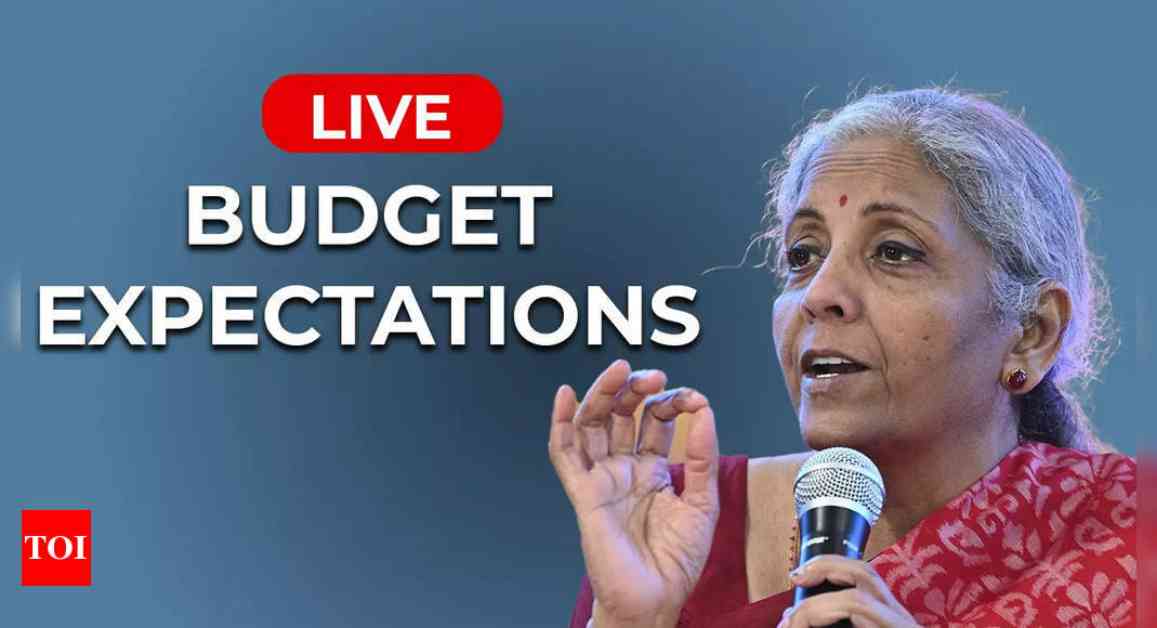As the Union Budget 2025 approaches, the anticipation and expectations are palpable across various sectors of the Indian economy. The budget is not just a financial document but a roadmap that outlines the government’s vision and priorities for the upcoming fiscal year. From tax reforms to infrastructure investments, every aspect of the budget has far-reaching implications for businesses, industries, and individuals alike.
Positioning India as a Global Hub for the Creative Industries
One of the key areas of focus in the upcoming budget is the creative industries sector. With a prior allocation of Rs 400 Cr to establish a National Center of Excellence, the Indian Institute of Creative Technologies, India has already shown its commitment to nurturing talent in this sector. The aim is to position India as a global hub for creative industries, moving beyond being just a service provider to leading through innovation in areas like Gen AI, AR/VR/XR, and Quantum technologies.
According to Rajan Navani, Chairman of CII India @100 Council, and Co-Chairman of CII National Committee on Media & Entertainment, the creative industries, particularly video gaming and esports, have the potential to drive economic growth, create jobs, and establish India as a global leader in digital entertainment. The shift towards IP-led products, incentives for content creators, and investments in infrastructure are crucial to unlocking the full potential of this sector.
Optimism in Various Sectors
Industry sentiment ahead of the budget reflects optimism regarding India’s growth prospects. A survey conducted by the Federation of Indian Chambers of Commerce and Industry (FICCI) revealed that 64% of participants are hopeful about the country’s economic trajectory. The focus on sustainable packaging, infrastructure development, and real estate sector reforms are some of the key expectations from different industries.
Jagdeep Hira, India Business Head at Pakka Limited, emphasized the need for greater allocation of funds towards sustainable packaging and manufacturing. He called for incentives for eco-friendly materials, circular economy initiatives, and policy frameworks that promote R&D in alternative packaging. Similarly, the real estate sector is looking for tax reliefs, industry status, and increased budgetary support to drive growth and investment.
Empowering Key Sectors for Future Growth
The upcoming budget is also expected to address critical areas like the MSME ecosystem, medical technology innovation, and the technology sector. Kunal Jhunjhunwala, Founder of Airpay, highlighted the importance of strengthening the MSME sector through incentives, subsidies, and market access. Sudhir Srivastava, Founder, Chairman, and CEO of SS Innovations, stressed the significance of promoting indigenous medical technologies and supporting emerging fields like Telesurgery and Teleproctoring.
Saily Lad, CEO & Founder of Volksara Techno Solutions, emphasized the need for measures that fuel innovation and digital transformation in the technology sector. Anu Chaudhary, Partner and Global Head of ESG Consulting at Uniqus Consultech, called for investments in cleaner technologies and promoting research and development in eco-friendly solutions. The industrial explosives sector and the fashion industry are also looking for policy support to enhance competitiveness and strengthen India’s position globally.
In conclusion, the Union Budget 2025 is more than just a financial exercise. It is an opportunity for the government to lay the foundation for sustainable growth, innovation, and competitiveness across various sectors. As Finance Minister Nirmala Sitharaman prepares to present her record eighth budget, the expectations are high, and the stakes are even higher. The decisions taken in this budget will not only shape India’s economic trajectory in the coming years but also determine the country’s standing on the global stage.





















